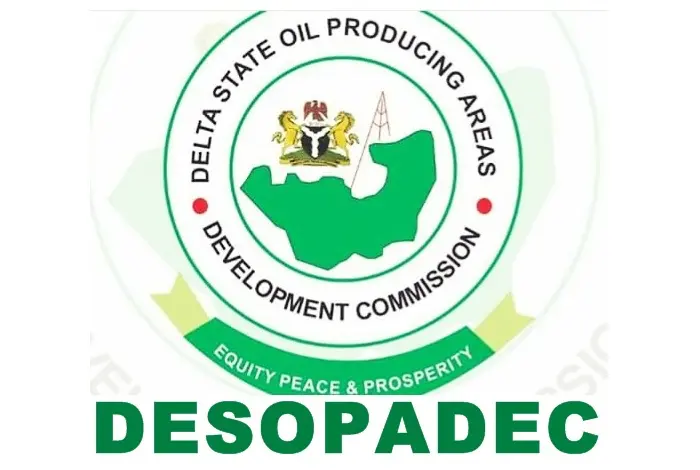The Okpe Union, a socio-cultural group in Nigeria’s Delta State, has raised concerns over what it describes as systemic marginalization in access to development resources and political representation. At a press briefing in Warri, the group’s leadership, led by Prof. Igho Natufe, attributed decades of underdevelopment in Okpe communities to their exclusion from the Delta State Oil Producing Areas Development Commission (DESOPADEC) following the dissolution of Bendel State in 1991. The commission, designed to allocate resources to oil-producing regions, reportedly left Okpe communities without critical infrastructure, educational bursaries, and scholarships.
Natufe emphasized that Okpe’s absence from DESOPADEC’s leadership structure has exacerbated inequities. “The deprivation of an Executive Director role, which all recognized ethnic groups under DESOPADEC law are entitled to, along with the lack of a dedicated commissioner, continues to shortchange the Okpe people,” he stated. The union argued that merging Okpe and Urhobo—two distinct ethnic groups—into a single administrative category forces both to compete for limited government opportunities, such as appointments and empowerment programs, while smaller groups receive comparable allocations. Natufe framed Okpe’s recognition as a separate entity as mutually beneficial, calling it a “win-win” for Urhobo and Okpe communities.
The group warned against conflating political expediency with long-term community survival, cautioning that “mortgaging a people’s future for a miscalculated political narrative risks their survival.” It urged Governor Sheriff Oborevwori to rectify historical governance errors, including the classification of Okpe as part of the Urhobo ethnic nationality. This call came alongside efforts to refute claims by figures like Isaac Itebu, former Okpe Union President General, and Robert Onome of the Urhobo Progress Union (UPU), who have asserted that Okpe is a subgroup of Urhobo. The union cited Delta State’s evolving recognition of distinct ethnic identities, such as Ika and Ndokwa, as precedent for reclassification.
While acknowledging progress, including plans to launch the Southern Delta University Campus in Orerokpe, the Okpe Union pressed the state government to revive the stalled Sapele Polytechnic project in Deghele-Elume, where significant public funds have already been invested. The group framed these educational initiatives as vital to addressing systemic disparities and fostering regional development.
The debate underscores broader tensions in Nigeria’s ethnopolitical landscape, where resource allocation and identity recognition remain deeply contested. As Delta State navigates these complexities, the Okpe Union’s demands highlight the interplay between historical governance frameworks and contemporary calls for equitable representation.
